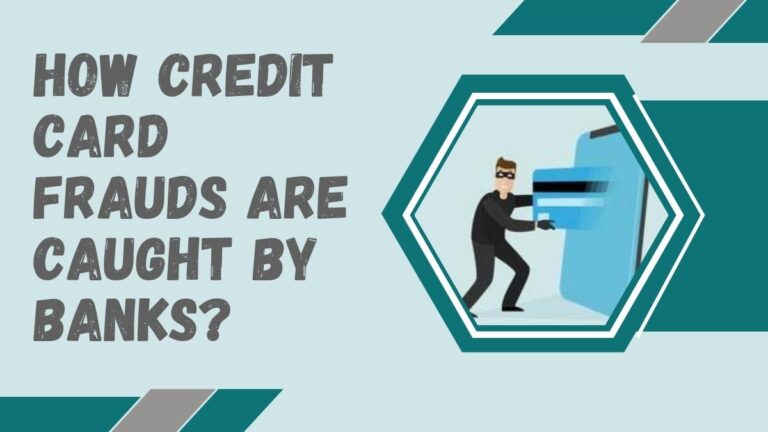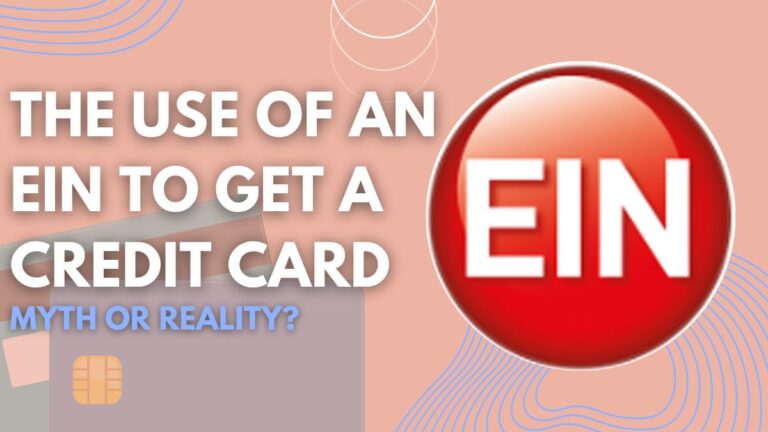Can You Write Off Credit Card Interest? Demystifying Tax Deductions

Are you itching to uncover the secrets behind tax deductions and discover new ways to save money? Look no further! In today’s blog post, we’re diving into a topic that can send shivers down your spine: credit card interest. Yes, you heard it right – we’re demystifying whether you can write off those pesky charges on your taxes.
Get ready to unleash your inner finance guru as we unravel the truth about this intriguing deduction. So fasten your seatbelts and prepare for an eye-opening journey into the world of tax savings – let’s debunk the myth surrounding credit card interest write-offs together!
Table of Contents
What is credit card interest?

Interest on your credit card is a deduction you can claim on your federal taxes. The amount of interest you can deduct will depend on how much of the balance on the account is used for authorized purchases, such as groceries or clothes. If half or more of your total purchases are made with your credit card and the interest paid exceeds the regular monthly payment, the interest may be deductible.
To claim this deduction, you must itemize deductions on your tax return. You can also claim this deduction if you are self-employed and use a personal credit card for business expenses. Be sure to keep all documentation showing that you have fully deducted the interest paid from your taxes!
How credit card interest is taxed?
If you’re reviewing your 2018 tax return and wondering if you can write off credit card interest, the answer is yes! Here’s a breakdown of what you can and can’t deduct:
Can Deduct:
- The interest you paid on your credit card in 2018
- Any finance charges (including late fees and finance charges for consented loans)
- The amount of income used to calculate your federal and state taxable income
Can’t Deduct:
- Any points or rewards that were earned or redeemed on your credit card during 2018
- Any payments you made toward your credit card debt in 2018
- The amount of income used to calculate your state and local taxable income
Special considerations for tax breaks for credit card interest
If you pay interest on your credit card, there are some specific tax breaks you may be able to take advantage of. Here’s a look at what they are and how much relief you may receive:
The first step is to determine whether or not interest is treated as deductible income. If it is, the deduction is based on the amount of interest paid, not the amount of the debt. To take advantage of this deduction, you must include the interest in your taxable income.
Here are a few examples that will help illustrate how this works. Let’s say you have a $5,000 debt with a 6% annual rate of interest and you pay $100 in interest each month. In this case, your actual deductions would be $56 ($100 x .06 = $6). However, because you have included $100 in your taxable income ($5,000 – $4,950), you can deduct the full amount of interest paid ($56) on that debt.
There are other circumstances where taking Deductible Interest Expenses (DIEs) could reduce or eliminate taxes due to associated earnings. For example, if your debt is secured by property and it’s worth less than the total balance of the debt plus related incurred debts ( Often referred to as an “involuntary bankruptcy”), any amounts above the secured debt would be exempt from collection efforts and would therefore not appear on your credit report. So long as all other debts are paid current, any DIEs associated with the debt would also generally be current, which could reduce or eliminate taxes owed on those earnings.
To take full advantage of these and other tax breaks related to interest, consult with a tax professional who can help you understand the particulars of your particular situation.
Can you write off credit card interest on your taxes?
There are a few things to keep in mind before you try to write off credit card interest on your taxes. The main thing to remember is that the IRS only allows taxpayers to write off interest if it was paid in full and on time.
Additionally, the interest cannot be more than 12% of the total amount borrowed. The deduction is only available for credit card debts that were incurred after November 2, 2007. If you have questions about whether you can write off credit card interest on your taxes, consult with a tax professional.
What are the rules for writing off credit card interest?
There are specific rules that need to be followed to write off your credit card interest. Interest is generally included as a deduction in the calculation of your net income, which can give you a tax break. However, there are some exceptions and qualifications that apply.
Here are the basic rules:
- You can deduct interest on up to $100,000 worth of debt per year.
- You must use the actual interest rate during the year that you incurred the interest charges, rather than using the rate at which you borrowed money.
- Only regular annual interest charges (not late or punctual payments) qualify for the deduction.
- You can’t deduct points or other discounts that you get for making early payments.
- If you file Form 1040A or 1040EZ, you can only deduct interest on loans that were used to purchase property or used to acquire a business operation.
- If you’re married and filing jointly, you can also deduct interest on your spouse’s qualifying debt.
Conclusion
Tax season can be stressful, but it doesn’t have to be impossible to understand your deductions. In this article, we are going to try and demystify tax deductions for the average person. We will start with one of the most common deductions: credit card interest. Can you write off interest on your credit card balances? The answer is yes- as long as you meet a few important qualifications.
First and foremost, the debt must be mainly associated with personal expenses. Secondly, the credit card must not be more than 30 percent of your annual income. And lastly, you cannot deduct any fees associated with the card- such as late payments or over limit fees!






